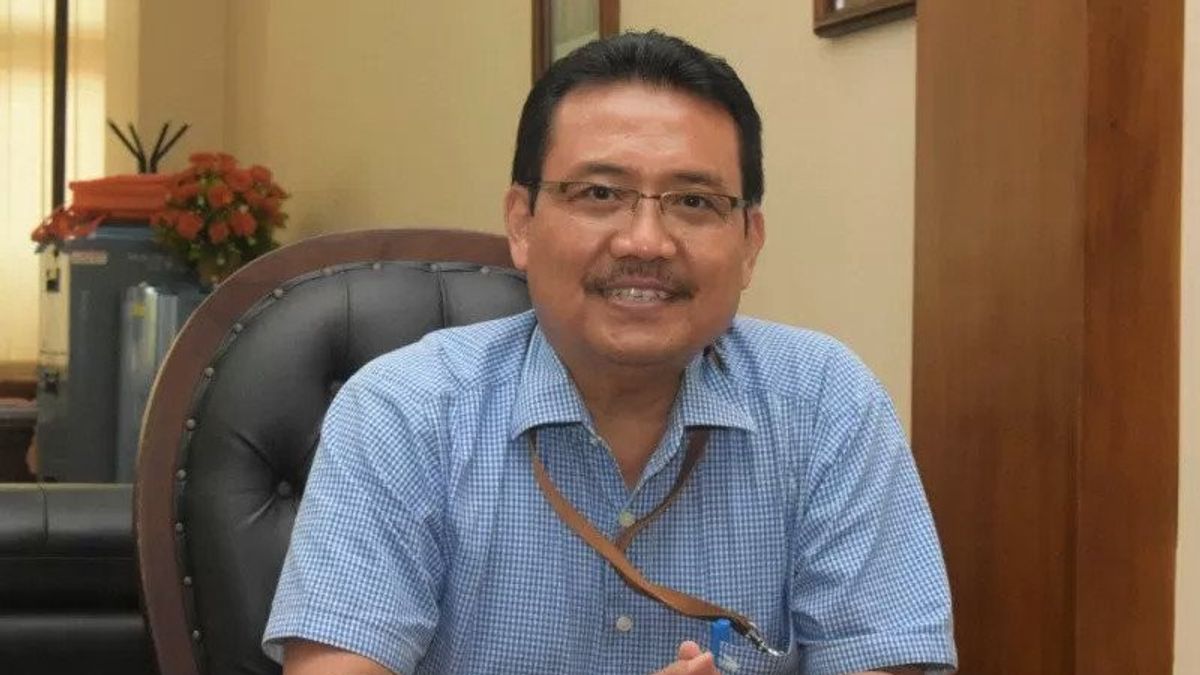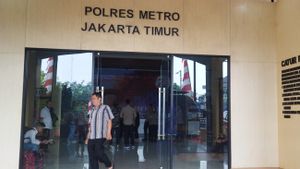PURWOKERTO - Law expert from Jenderal Soedirman University (Unsoed) Purwokerto Prof. Hibnu Nugroho assesses that the formulation of articles relating to supernatural powers or witchcraft needs to be removed from the Draft Criminal Code (RUU KUHP).
"If we look at Article 252 of the Criminal Code Bill, it's a person who admits to witchcraft. If he admits to witchcraft, it means that there are allegations of witchcraft. This, in my opinion, is a troublesome article," Hibnu said in Purwokerto, Central Java, as reported by Reuters Between, Wednesday, June 23.
The purpose of the problematic article is the method of proof later. The current era, continued Hibnu, requires forensic evidence. Meanwhile, Article 252 of the Draft Criminal Code actually puts forward the recognition of witchcraft.
"It means that there are indications that people understand witchcraft. If that's the case, don't blame the community for witchcraft, it means later maybe the judges also know witchcraft, the advocates know witchcraft, so it's a witchcraft trial," he said.
He acknowledged that the formulation of the article on occult or witchcraft is currently being debated even though the law mentions people who claim to have supernatural powers or claim to have supernatural powers.
According to him, the concept of confessing in the law implies that witchcraft exists.
"Therefore, I think this (the witchcraft article) is something that can be said to be a step backwards, because currently forensic justice, scientific evidence, why there is still witchcraft. Is this still relevant," he said.
Hibnu said that if it is said to be relevant, it means that in the future there will be evidence of witchcraft so that it will make it difficult for investigators, prosecutors, legal advisers, and judges to know witchcraft. Logically and forensically, he said, witchcraft cannot be proven because it is an occult science.
"This is what he didn't find there, for example, people who were burned, were medically sick, but people said they had been exposed to witchcraft as evidenced by the presence of wood, nails, etc. he said.
Therefore, he said, the formulation of the witchcraft article must be removed from the Criminal Code Bill because it is not in accordance with the development of technology-based justice.
As is known in the formulation of Article 252 paragraph (1) of the Draft Criminal Code, it is stated "Every person who declares himself to have supernatural powers, notifies, gives hope, offers, or provides services to others that because of his actions can cause illness, death, or mental suffering or physically, a person is sentenced to a maximum imprisonment of 3 (three) years or a maximum fine of category IV".
Article 252 paragraph (2) states "If everyone as referred to in paragraph (1) commits the act to seek profit or make it a livelihood or habit, the penalty can be increased by 1/3 (one third)".
Meanwhile, in the elucidation of Article 252 paragraph (1) of the Draft Criminal Code, it is stated "This provision is intended to overcome public unrest caused by the practice of black magic, which legally creates difficulties in proving it. This provision is also intended to prevent early and end the practice. vigilantism carried out by members of the public against someone accused of being a traditional healer (witchcraft)".
The English, Chinese, Japanese, Arabic, and French versions are automatically generated by the AI. So there may still be inaccuracies in translating, please always see Indonesian as our main language. (system supported by DigitalSiber.id)













